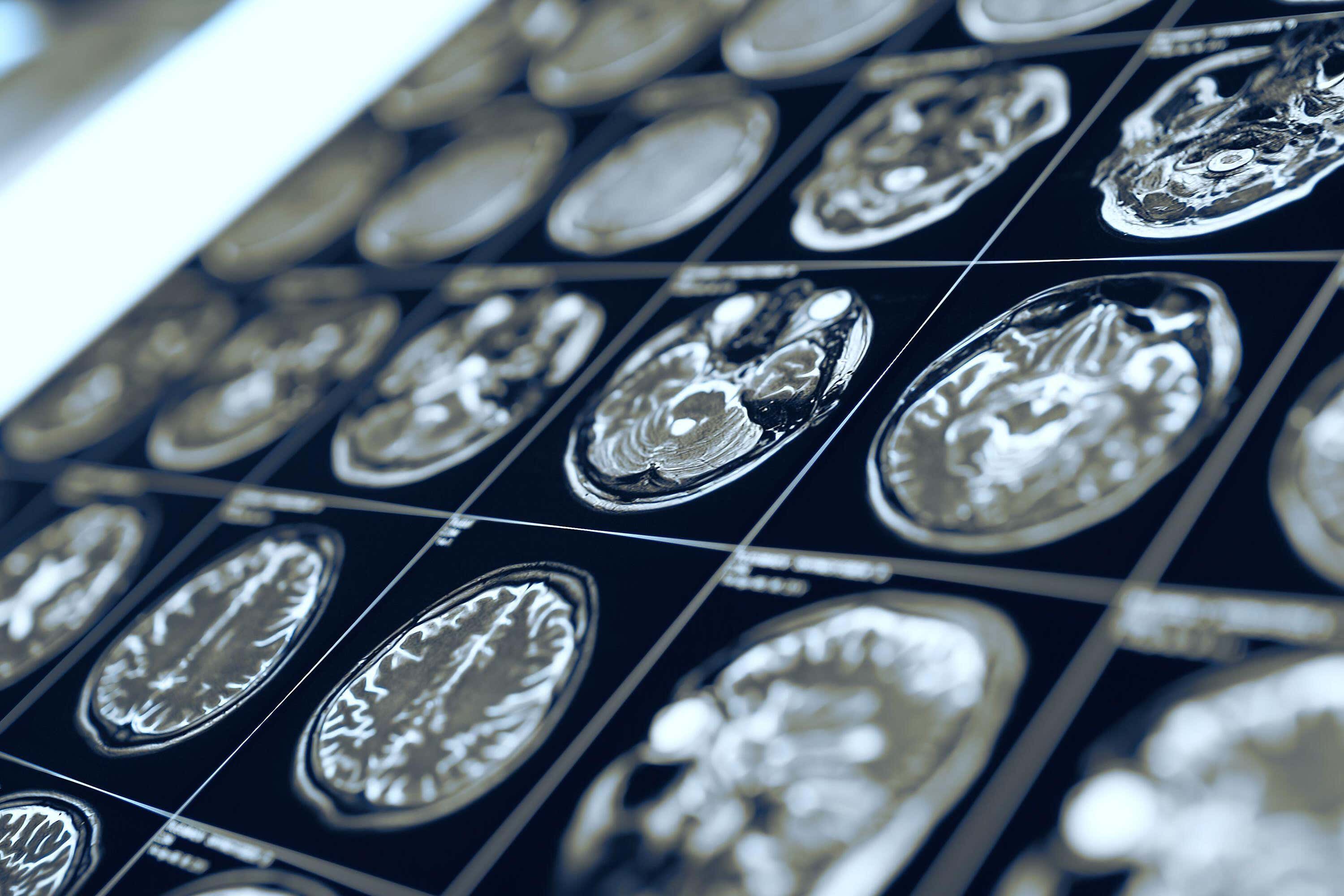1 in 3 former NFL players think they have degenerative brain disease CTE
Former players who believe they have CTE are also more likely to be suicidal
Your support helps us to tell the story
From reproductive rights to climate change to Big Tech, The Independent is on the ground when the story is developing. Whether it's investigating the financials of Elon Musk's pro-Trump PAC or producing our latest documentary, 'The A Word', which shines a light on the American women fighting for reproductive rights, we know how important it is to parse out the facts from the messaging.
At such a critical moment in US history, we need reporters on the ground. Your donation allows us to keep sending journalists to speak to both sides of the story.
The Independent is trusted by Americans across the entire political spectrum. And unlike many other quality news outlets, we choose not to lock Americans out of our reporting and analysis with paywalls. We believe quality journalism should be available to everyone, paid for by those who can afford it.
Your support makes all the difference.A new study of nearly 2,000 former NFL players found that one in three of those surveyed believe they have the degenerative brain disease CTE, which has affected hundreds of professional football players.
CTE, or Chronic Traumatic Encephalopathy, is a brain disorder that’s been directly linked to repeated concussions and traumatic brain injuries. The disease can only be diagnosed after death, using an autopsy.
The research from Mass General Brigham — which was published Monday in the journal JAMA Neurology — is particularly disturbing as it also determined that players who believe they have the disease are more likely to be suicidal. A quarter of those who participated in the survey reported having frequent suicidal thoughts, compared with just five percent of players who did not have those beliefs.

“We know from conditions like Parkinson’s and Alzheimer’s, these neurodegenerative conditions that don’t really have treatments or cures at the moment [and] that are really hard to diagnose, a lot of those conditions are associated with some suicidality and thoughts of self-harm,” the study’s first author, Dr Rachel Grashow, of the Harvard T. H. Chan School of Public Health, told The Independent on Monday. “So, the final question we asked was, ‘Do we see similar associations with our former players?”
Former New England Patriots star Aaron Hernandez, who died by suicide in a Massachusetts prison in 2017, was diagnosed with CTE after his death. Brett Favre, of the Green Bay Packers, has said he believes he may have CTE, as well. Boston University announced last year that 345 former NFL players, out of 376 who were studied, had been diagnosed with CTE.
Grashow said those worried about having CTE also reported being more affected by conditions that were known to cause cognitive problems — independent of head injuries — including low testosterone, depression, headaches, and chronic pain. Such symptoms could be independent from CTE.
“They were telling us, as we learned that they were worried about CTE, that they actually have a lot of treatable conditions that cause cognitive problems in people, even if they have zero head injuries,” she continued. “While we can’t ever go back and undo the head injury, we may be able to go after some of these conditions while they’re alive.”

Grashow said the authors hope there will be more focus on treating these conditions, which could potentially reduce cognitive symptoms.
“I think what gets lost in the conversation is that a lot of conditions in the body affect the brain,” she said.
For example, depression is something that can be treated with excercise and various therapies.
“Even though we know in ways that depression results from head injury, depression is ultimately treatable ... All of these conditions are treatable that may be contributing to their worries about CTE, maybe prematurely attributed to CTE, and leaving the players, I think, in a possesion of being more passive than active.”
SUICIDE WARNING
If you are experiencing feelings of distress, or are struggling to cope, you can speak to the Samaritans, in confidence, on 116 123 (UK and ROI), email jo@samaritans.org, or visit the Samaritans website to find details of your nearest branch. If you are based in the USA, and you or someone you know needs mental health assistance right now, call the National Suicide Prevention Helpline on 1-800-273-TALK (8255). This is a free, confidential crisis hotline that is available to everyone 24 hours a day, seven days a week. If you are in another country, you can go to www.befrienders.org to find a helpline near you.

Join our commenting forum
Join thought-provoking conversations, follow other Independent readers and see their replies
Comments